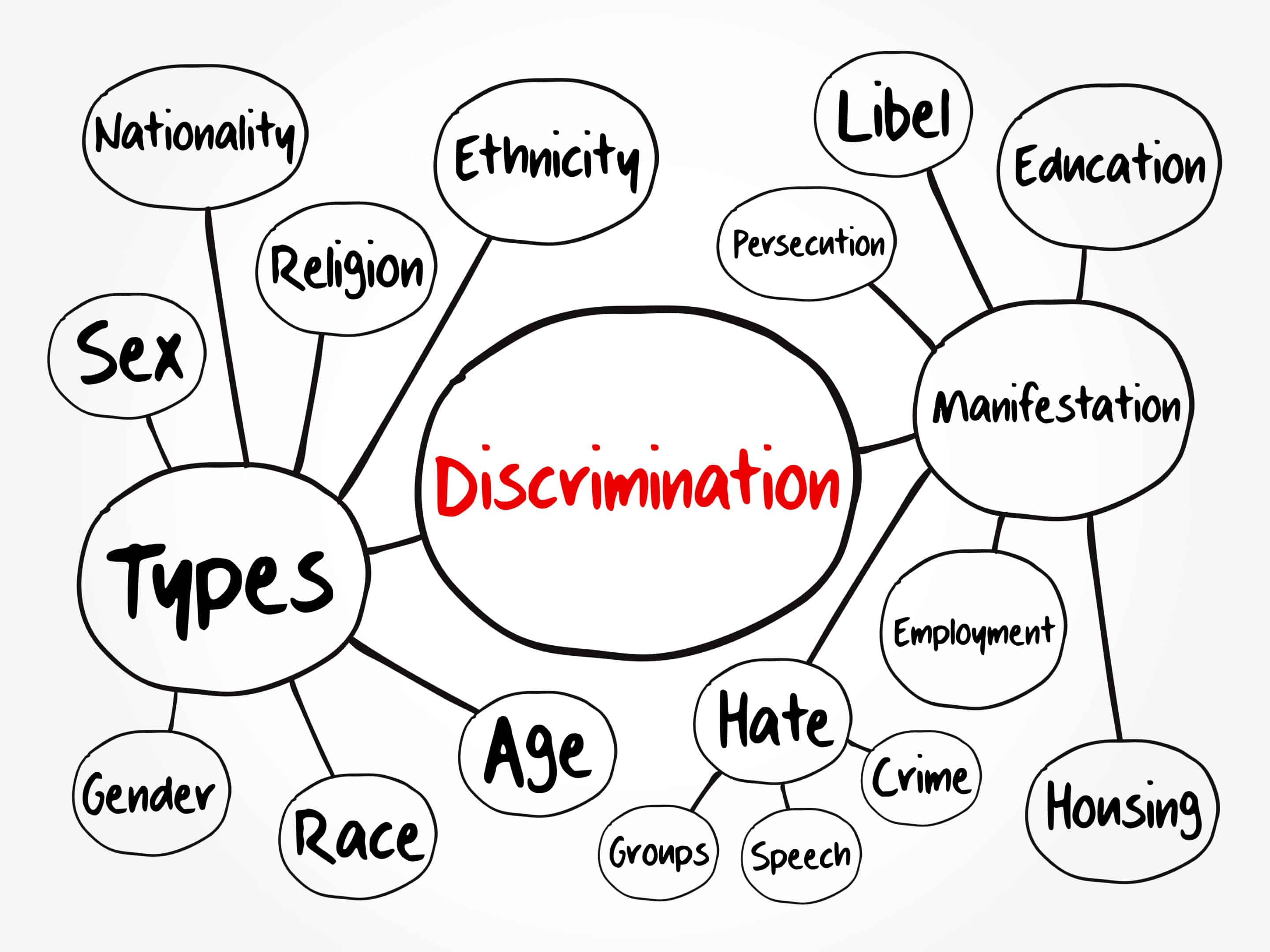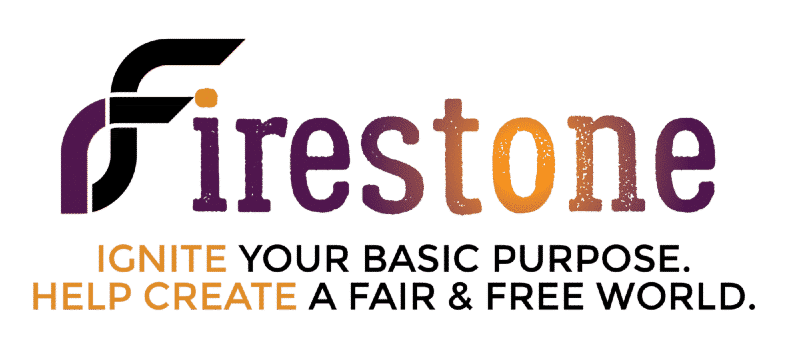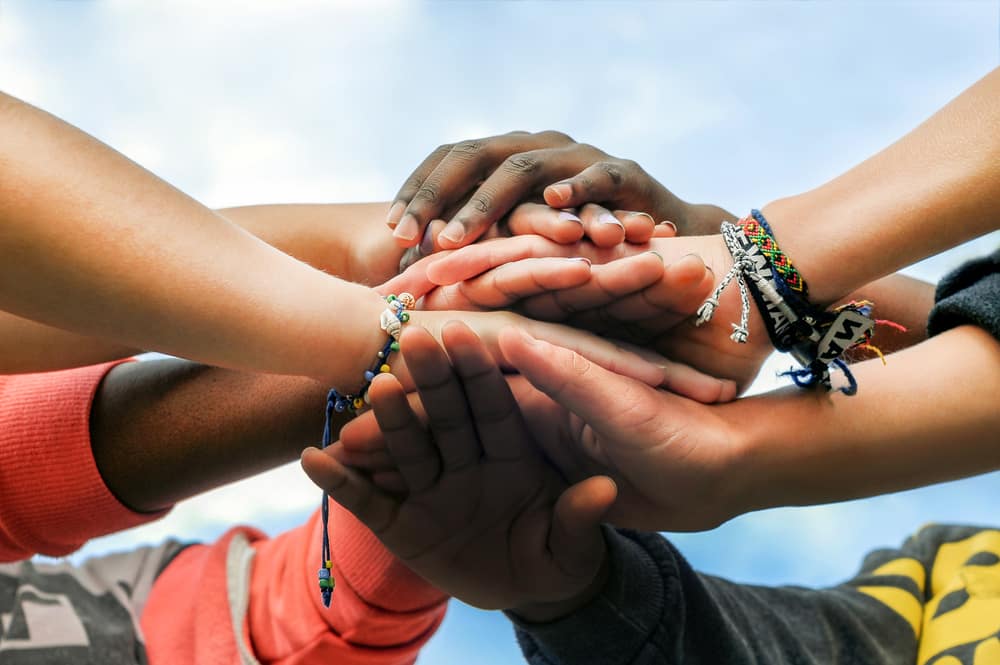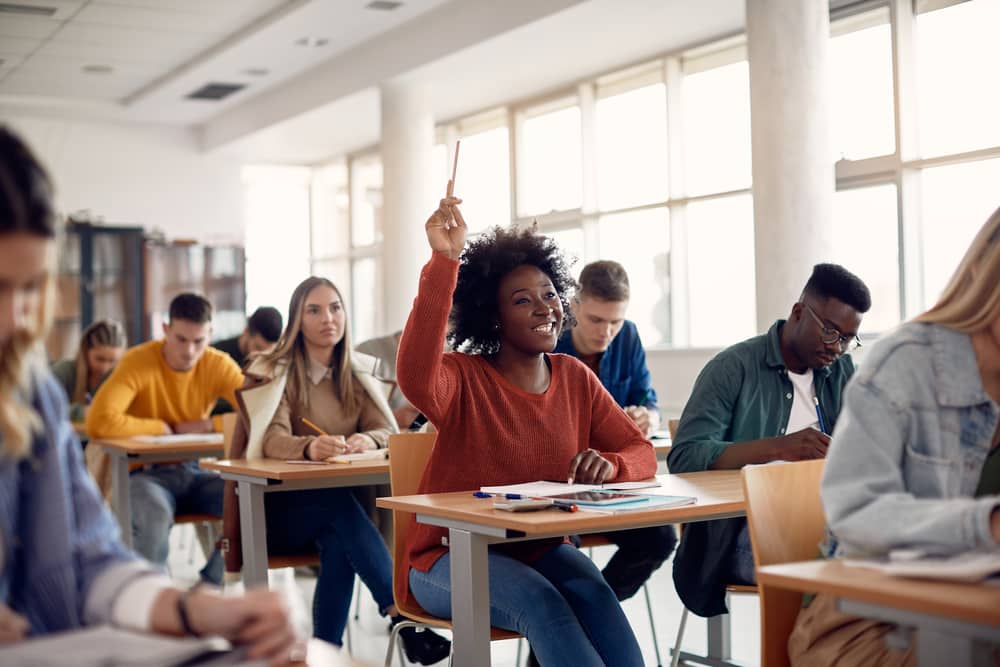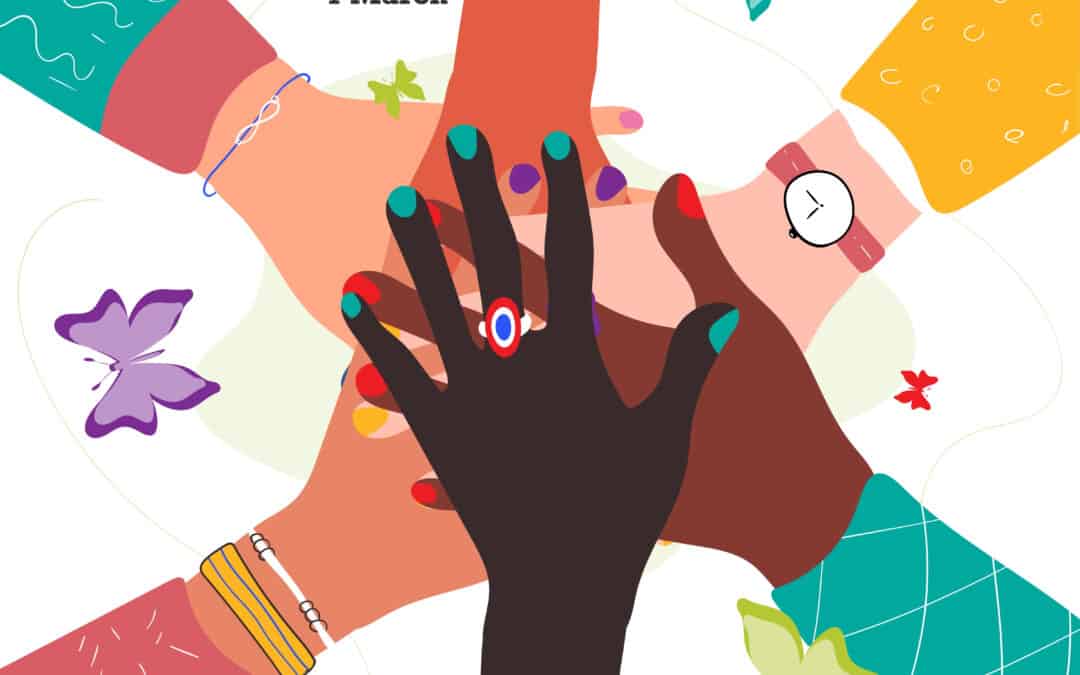
March 1st is Zero Discrimination Day
Zero Discrimination Day is a day that is observed annually on March 1st. This holiday was created by the United Nations in 2014 to promote equality throughout the world.
The Universal Declaration of Human Rights (UDHR) contains 30 separate articles each addressing a specific right. Article 2 addresses zero discrimination and reads: “Everyone is entitled to all the rights and freedoms set forth in this Declaration, without distinction of any kind, such as race, colour, sex, language, religion, political or other opinion, national or social origin, property, birth or other status.
Furthermore, no distinction shall be made on the basis of the political, jurisdictional, or international status of the country or territory to which a person belongs, whether it be independent, trust, non-self-governing, or under any other limitation of sovereignty.”
No one should be discriminated against for any reason on any day. However, statistics show discrimination remains prevalent in many areas. When a person is discriminated against, he or she receives different treatment because of their category or group. The person is not seen based on individual merit but based on some category, class, or group bias.
According to a study by the National Bureau of Economic Research, job applicants with African American names have to apply to 50 percent more jobs to get a callback. According to the United States Sentencing Commission, Black men receive sentences that are on average 20 percent greater than white men for the same or similar crimes. source: theodysseyonline.com/7-statistics-that-will-change-view-racism
Stark gender disparities remain in economic and political realms. While there has been some progress over the decades, on average women in the labor market still earn 20 percent less than men globally. As of 2021, only 25 percent of all national parliamentarians were female, a slow rise from 11.3 percent in 1995. source: un.org/en/global-issues/gender-equality
The U.S. Department of Labor enforces roughly 180 laws designed to safeguard workers from discrimination and bias, the U.S. Equal Employment Opportunity Commission facilitates additional layers of protection for the same purpose. Still, more than 1.8 million cases have been filed with the EEOC in the last two decades. There’s been no major decrease in the total number of discrimination complaints reported to the EEOC since 1997. source: paychex.com/articles/human-resources/eeoc-workplace-discrimination-enforcement-and-litigation
What can you do?
You can practice this particular human right in your daily life by treating all people with respect and dignity. File the appropriate reports if you observe discrimination in your workplace or groups.
And of course, know all 30 of your human rights and educate others to do the same. To get your free human rights educational materials visit: https://www.youthforhumanrights.org/educators/education-package-details.html
Definitions from: https://www.merriam-webster.com/dictionary/
Declaration: the act of declaring; Announcement – a written or spoken statement that tells people about something
Distinction: the act of perceiving someone or something as being not the same and often treating as separate or different
Entitled: having a right to certain benefits or privileges
Everyone: every person, all
Jurisdictional: the authority of a sovereign power to govern or legislate
Rights: the power or privilege to which one is justly entitled
Sovereignty: a country’s independent authority and right to govern itself
